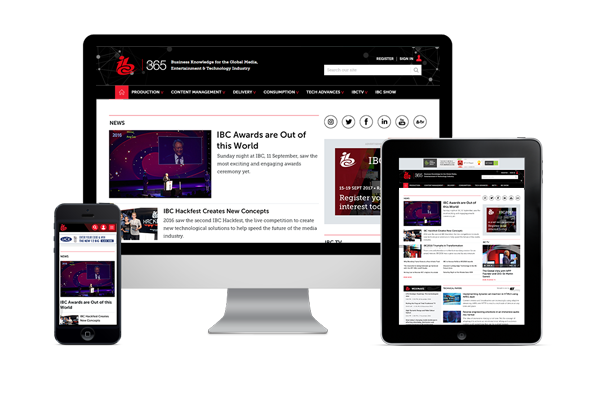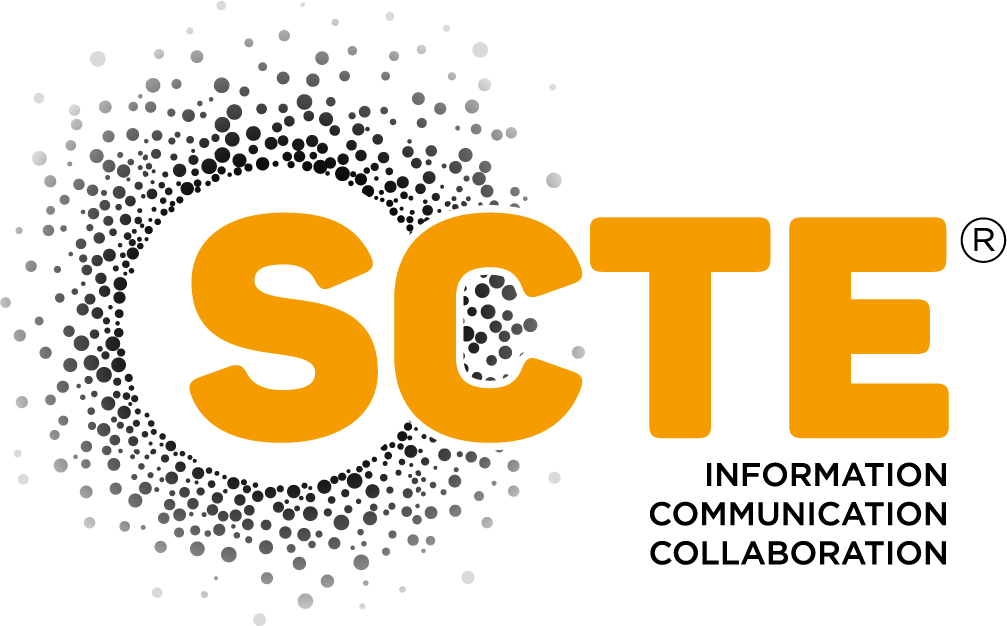Catching the pirates offside

With the Fifa World Cup underway and constant announcements about vast amounts of money being spent on live rights fees, piracy is still too often making a mockery of the industry, writes Ross Biddiscombe.
When it comes to piracy, TV channels, platforms and rights holders are particularly frustrated by illegal re-distribution.
The largest-scale current tale of piracy comes from the Middle East where a diplomatic dispute between Qatar – the official rights holder of World Cup broadcasting rights for the entire region as well as North Africa – and Saudi Arabia has spilled over into Russia 2018.
Qatar’s beIN sports channel - a spin-off of Al Jazeera, the Qatari news network which is banned by many of its Middle East neighbours - thought its broadcasting deal with the world’s official football body Fifa was exclusive and included a $35 million agreement with the Saudis. However, the two governments have fallen out, with Saudi Arabia, Egypt, the UAE and Bahrain accusing Qatar of supporting terrorism.
Senior executives at beIN Media Group have now called on authorities in Saudi Arabia to shut down the cheekily-named beoutQ channel that has been using the Arabsat satellite since last autumn. BeoutQ made headlines last month (May) when it took beIN’s feed of the Champions League semi-final between Liverpool and AS Roma and showed the game in HD on a 10-second delay. Fifa’s attempts to broker a deal have failed and says it “takes infringements of its intellectual property very seriously and is exploring all options to stop the infringement”.
Meanwhile, beIN Media is reported to have lost around…
Read the full article

Sign up to IBC365 for free
Sign up for FREE access to the latest industry trends, videos, thought leadership articles, executive interviews, behind the scenes exclusives and more!
Already have a login? SIGN IN

















